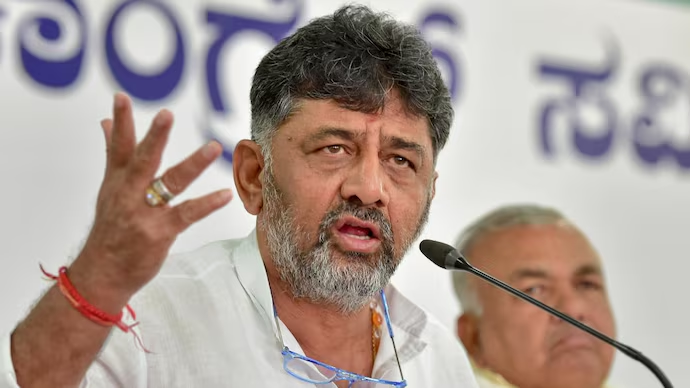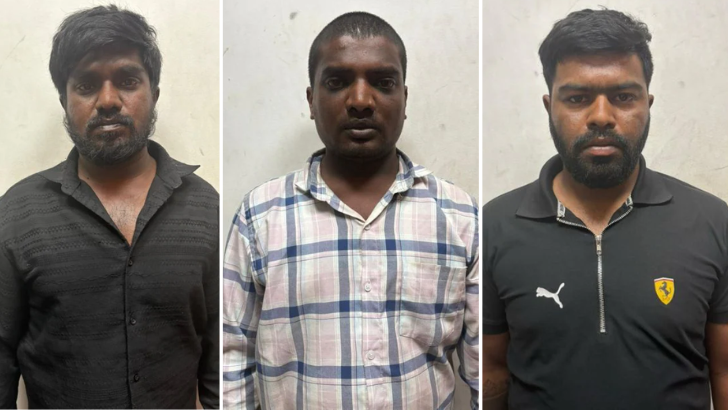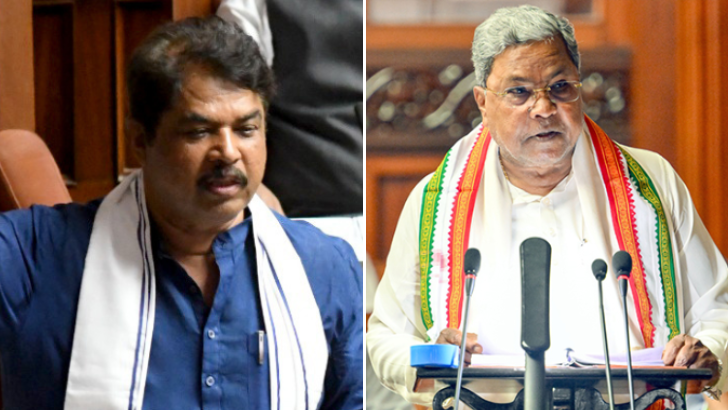Karnataka HC hears pleas challenging 'caste census'
Petitioners in Karnataka HC argue the caste-based survey exceeds state authority, claiming it encroaches on the Centre’s domain and isn’t issue-specific, unlike a valid survey.
PTI
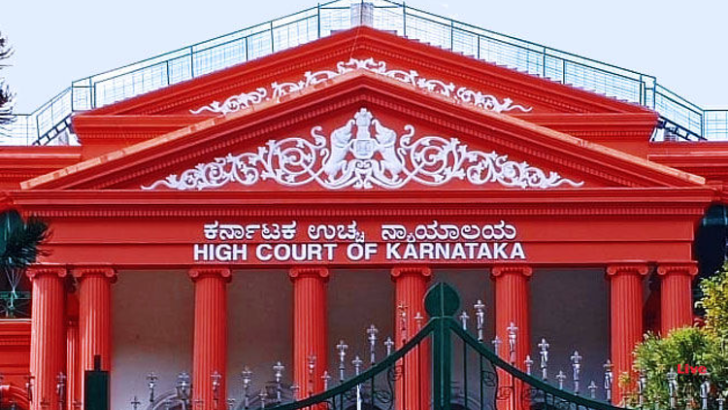
Bengaluru, 24 Sept
The Karnataka High Court on Wednesday heard detailed arguments over a batch of petitions challenging the validity of the ongoing Social and Educational Survey, popularly known as "caste census".
A division bench comprising Chief Justice Vibhu Bakhru and Justice CM Joshi did not pass any interim relief but posted the matter for further hearing to Thursday.
Senior Advocate Abhishek Manu Singhvi, representing the State, argued that the petitions were not targeting any constitutional provisions or specific sections of the Karnataka State Commission for Backward Classes Act, 1995, but were in effect seeking to halt the government’s exercise of power.
Singhvi also referred to the Supreme Court’s Puttaswamy judgment to assert that governments are empowered to gather data for welfare schemes.
The bench clarified that the petitioners were not disputing the government’s authority to conduct surveys but questioned the manner of execution.
Appearing for the Union government, Additional Solicitor General Arvind Kamath contended that the constitutional framework recognises only a central census as an authoritative source of demographic data.
Kamath described Karnataka’s effort as “a census disguised as a survey” and argued that a valid survey must be issue-specific, unlike the present enumeration, which, he claimed, treads into the Centre’s domain.
Petitioners, including the Vokkaligara Sangha, Akhila Karnataka Brahmana Mahasabha, and Veerashaiva Lingayat Mahasabha, argued that while the State can design welfare measures for backward classes, it lacks the authority to carry out a caste-based survey.
Leave a Reply
Your email address will not be published. Required fields are marked *









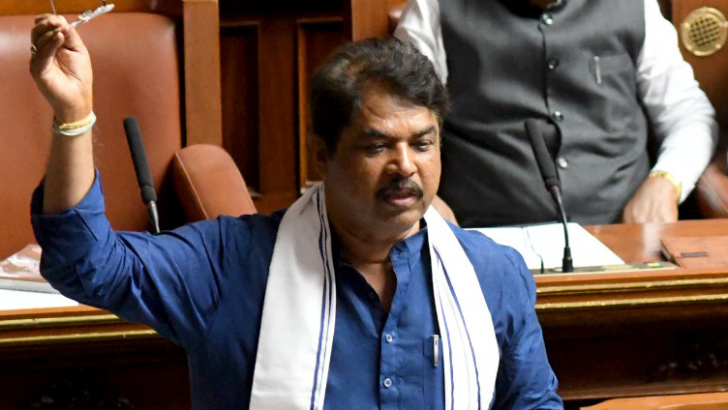
.png)
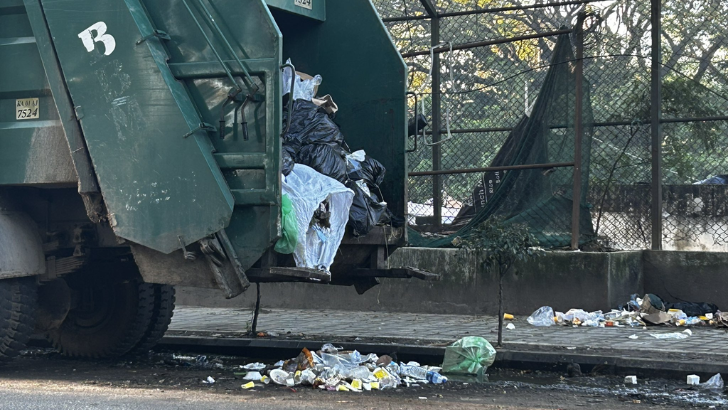
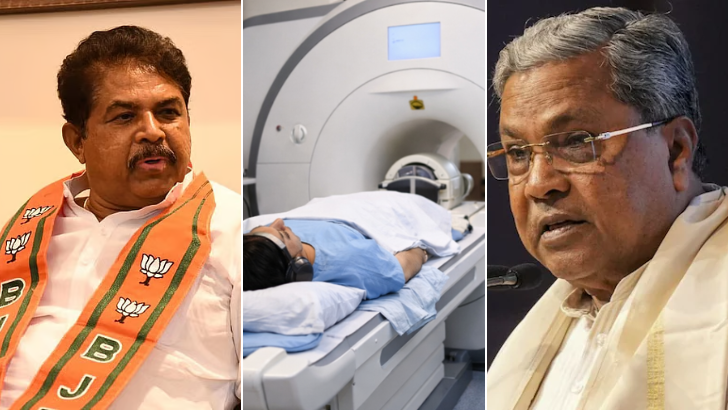
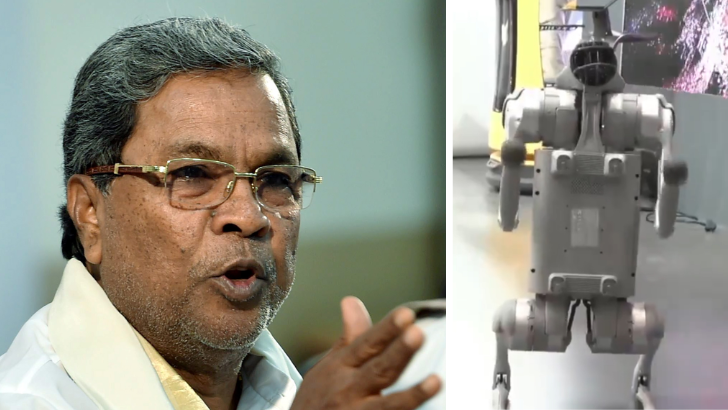
.png)
